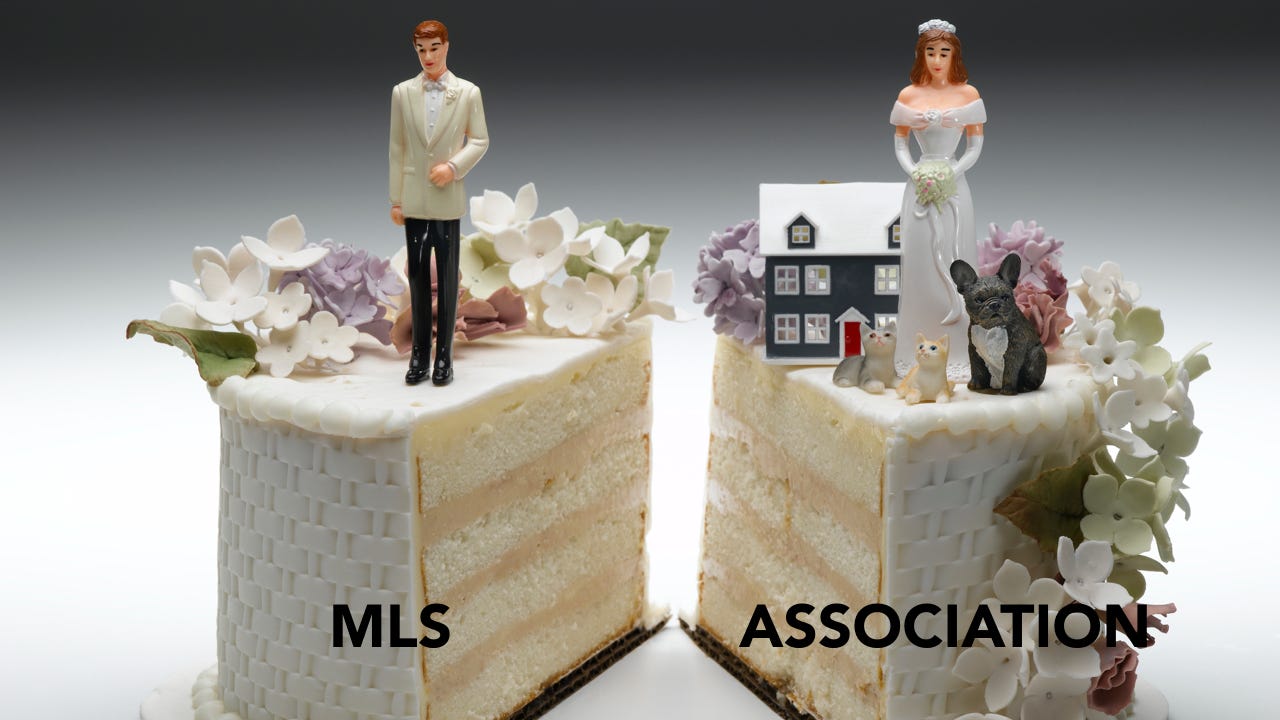Reclaiming the REALTOR Movement, Part 2: Making Membership Meaningful
Divorce of the MLS & the Association is a necessary first step
In Part 1, I identified the root problems of the REALTOR Movement. Having identified problems, we can look at actual solutions.
Because the problems are intertwined, it is difficult to break them up properly and logically to tackle the solutions one by one. In tackling what is perhaps the most important problem — that of far too many REALTORS — it is nec…
Keep reading with a 7-day free trial
Subscribe to Notorious R.O.B. to keep reading this post and get 7 days of free access to the full post archives.



